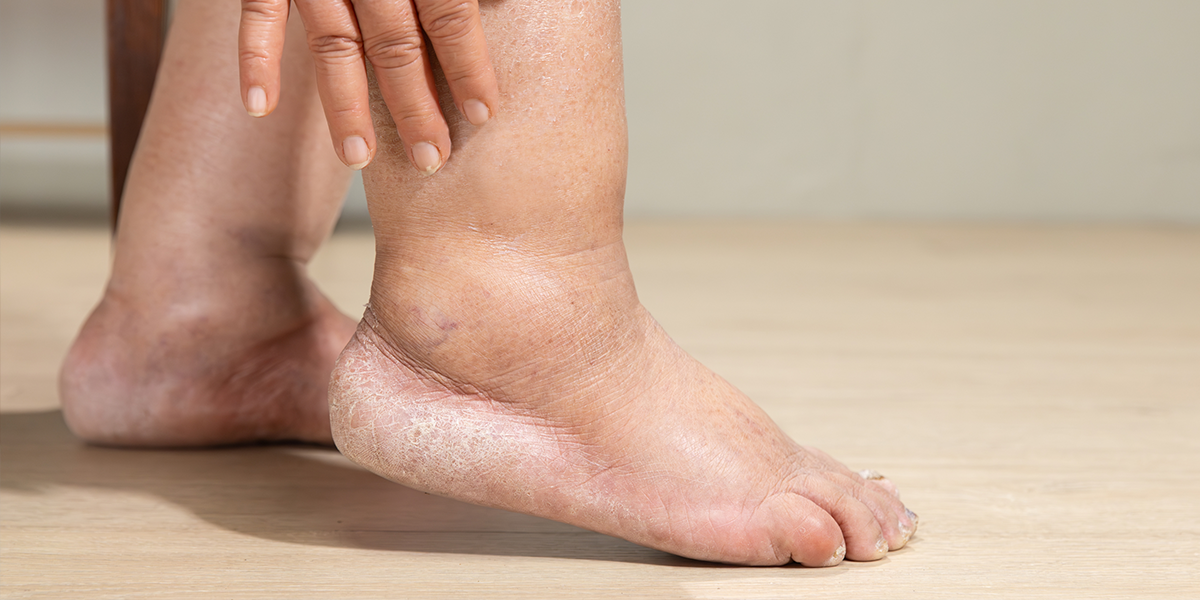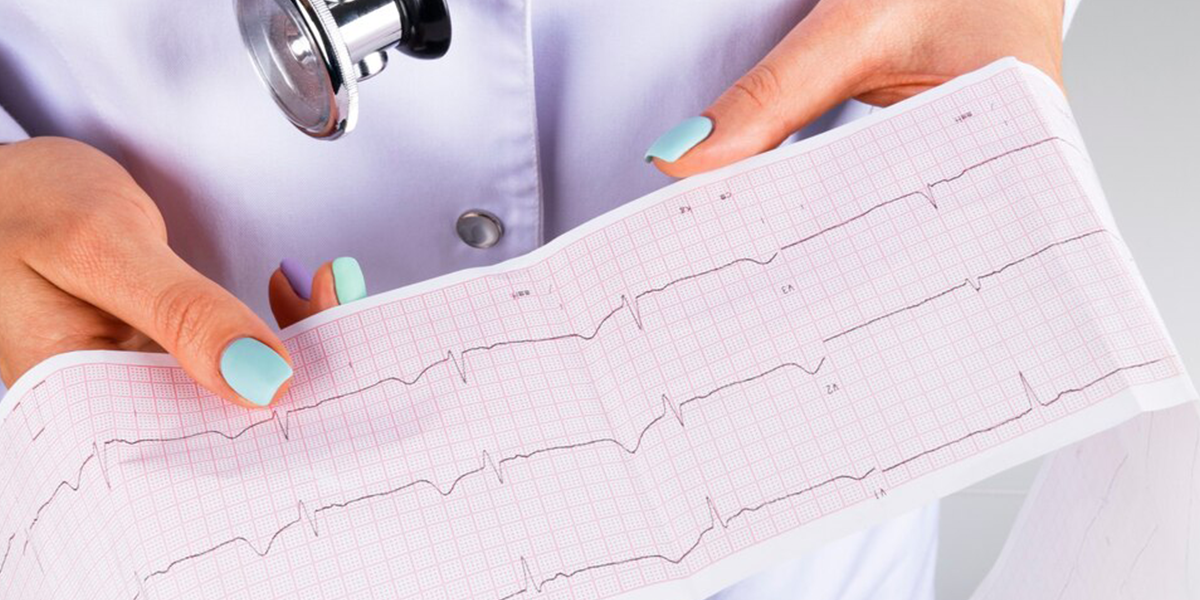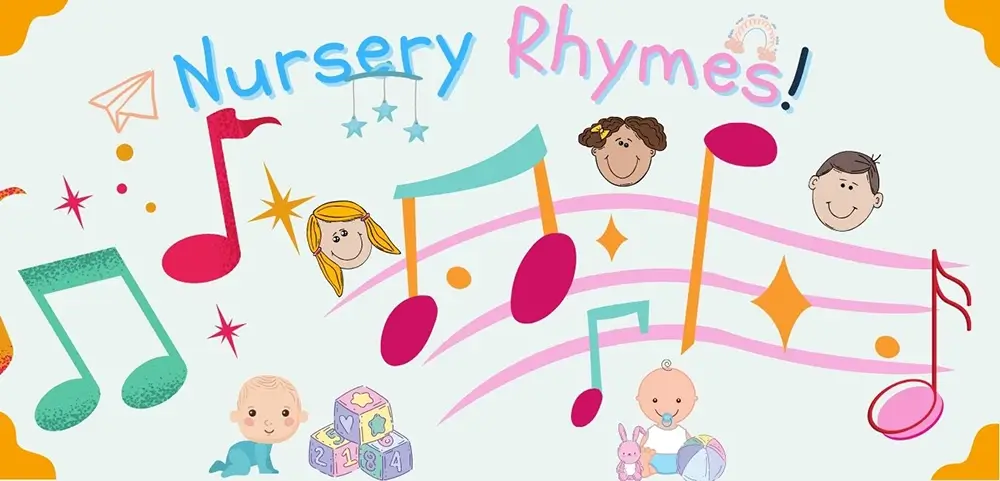Heart disease continues to be one of the leading causes of death worldwide, and yet many people remain unaware of how the body warns us long before a heart attack strikes.
We often hear stories of someone who looked perfectly healthy and active, only to suffer a sudden cardiac episode. But in reality, most of these cases weren’t so sudden as the body had already been signaling that something wasn’t right.
The truth is, a heart attack usually doesn’t happen all of a sudden. It’s often the last step in a long process where the heart has been getting weaker over time.
During this time, body gives warning signs. These signs can start showing up months earlier, but they’re often so mild and slow that people think it’s just tiredness, stress, or getting older.
Why We Ignore the Early Signs of Heart Trouble

Most people are conditioned to look for dramatic signs when it comes to heart problems—sharp chest pain, collapse, loss of consciousness. But heart disease doesn’t always follow a Hollywood script.
In the early stages of heart decline, the body doesn’t scream for help. It whispers. And when the heart starts to weaken, the signals are often mistaken for everyday issues—like being “just tired,” “out of shape,” or “under too much stress.”
Instead of asking why I’ve been so breathless lately, we blame it on poor sleep or a hectic lifestyle.
Instead of wondering why my legs swell every evening, we assume it’s the weather. We become desensitised to changes in our health, especially when they creep in slowly. But the body keeps warning.
The Body’s Early Warnings: What You Might Notice Months Before a Heart Attack

When the heart becomes weaker, it affects nearly every part of the body. Oxygen delivery drops. Fluid starts building up. Electrical signals within the heart begin misfiring. These changes don’t go unnoticed, but they often get misread.
Persistent, Deep Fatigue: A Body Low on Energy

This isn’t the kind of tiredness you feel after a long day or a bad night’s sleep. You might sleep for 8–9 hours and still feel completely drained in the morning. Tasks like grocery shopping or climbing stairs may suddenly feel exhausting.
Why does this happen?
A weakened heart can’t pump enough oxygen-rich blood to your muscles and tissues. To conserve energy, your body slows you down. Even simple activities begin to feel like a workout.
What you might notice:
- You feel winded or shaky after doing everyday tasks
- You start needing naps during the day
- You lose motivation to exercise, not from laziness, but because your body can’t keep up
This kind of fatigue is one of the earliest and most overlooked signs of heart dysfunction.
Shortness of Breath: Breathing Becomes a Challenge

Have you noticed that you’re getting out of breath more easily lately? Maybe while walking uphill, talking while walking, or even bending over to tie your shoes?
Why does this happen?
When the heart weakens. Blood can back up into the lungs. That extra fluid makes it harder for oxygen to pass into the bloodstream. As a result, your body demands more air, and you breathe harder to compensate. What you might notice:
- You feel breathless while doing small tasks
- You avoid lying flat in bed, needing more pillows to sleep on
- You wake up in the night, gasping for air or coughing
Many people mistake this for poor fitness or lung problems, but it’s often a sign that the heart can’t manage blood flow efficiently.
Swelling in the Feet, Ankles, or Abdomen (Edema)

If your shoes feel tighter in the evening or your legs feel heavy and puffy, your body may be retaining fluid.
Why does this happen?
The heart pumps blood throughout your body. When it gets weak, it can’t circulate blood effectively. What you might notice:
- Swelling in feet, ankles, or lower legs
- Indentations from socks that stay on your skin
- Unexplained weight gain from water retention
This symptom often creeps in gradually. People sometimes don’t notice it until clothes fit differently or rings become tight.
Chest Pressure or Discomfort: The Silent Pain of Angina

Not all heart-related chest pain feels sharp or severe. Many people experience mild pressure, tightness, or heaviness instead.
Why does this happen?
When the arteries that feed your heart become narrowed, the heart muscle doesn’t get enough oxygen, especially during activity or stress. This causes chest discomfort known as angina. What you might notice:
- A squeezing, burning, or fullness in the chest
- Discomfort that appears during walking, climbing stairs, or emotional stress
- Relief after sitting or resting
While this isn’t a full heart attack, it’s a major warning sign that one may come soon.
Irregular Heartbeat or Palpitations

Have you felt your heart flutter, skip a beat, or suddenly race? These sensations, called palpitations, may feel strange or unsettling, and they often indicate that your heart’s electrical system isn’t stable.
Why does this happen?
As the heart weakens, it may beat irregularly. You might experience atrial fibrillation (AFib) or other arrhythmias, which disrupt how the heart pumps blood. What you might notice:
- Thudding or fluttering in your chest, especially at night
- A feeling like your heart is “flipping” or pounding without cause
- Episodes that come and go randomly
While not always dangerous on their own, these irregularities can lead to more serious complications like clots, stroke, or full cardiac arrest if untreated.
Dizziness, Lightheadedness, or Fainting Spells
If you feel faint, woozy, or like you’re about to pass out—especially during activity or when standing up quickly—this could be your heart failing to maintain proper blood flow to the brain.
Why does this happen?
A weakened heart struggles to keep blood pressure stable. This leads to sudden drops in pressure, especially when your body position changes or when your heart can’t pump fast enough during exertion. What you might notice:
- Feeling dizzy while climbing stairs or getting out of bed
- A spinning sensation or blurred vision
- Brief blackouts or near-fainting spells
These symptoms shouldn’t be ignored—they can signal major cardiovascular dysfunction that needs urgent attention.
Chronic Cough or Wheezing Without a Cold
A dry cough that lingers for weeks or a wheezing sound in your chest—especially at night—can seem like a respiratory issue. But for many, it’s the heart’s failure to manage fluid.
Why does this happen?
As heart function declines, fluid backs up into the lungs (a condition called pulmonary congestion). This can irritate your airways and create a persistent cough or wheeze, even without infection. What you might notice:
- A cough that worsens when lying flat
- White or pink-tinged mucus
- Wheezing sounds, especially during sleep
This kind of coughing often improves when you sit upright or elevate your head—a clear sign that it’s heart-related.
Conclusion
Most heart attacks don’t happen without giving some warning. The body usually tries to tell you something is wrong, even if the signs are small at first. If you often feel very tired, out of breath, swollen, or dizzy, don’t ignore it.
If these problems happen together or last for a few weeks, your heart might already be getting weak. Don’t wait for strong chest pain or a big emergency. Visit a heart doctor. Get your heart checked. You might be able to stop a heart attack before it happens.











































